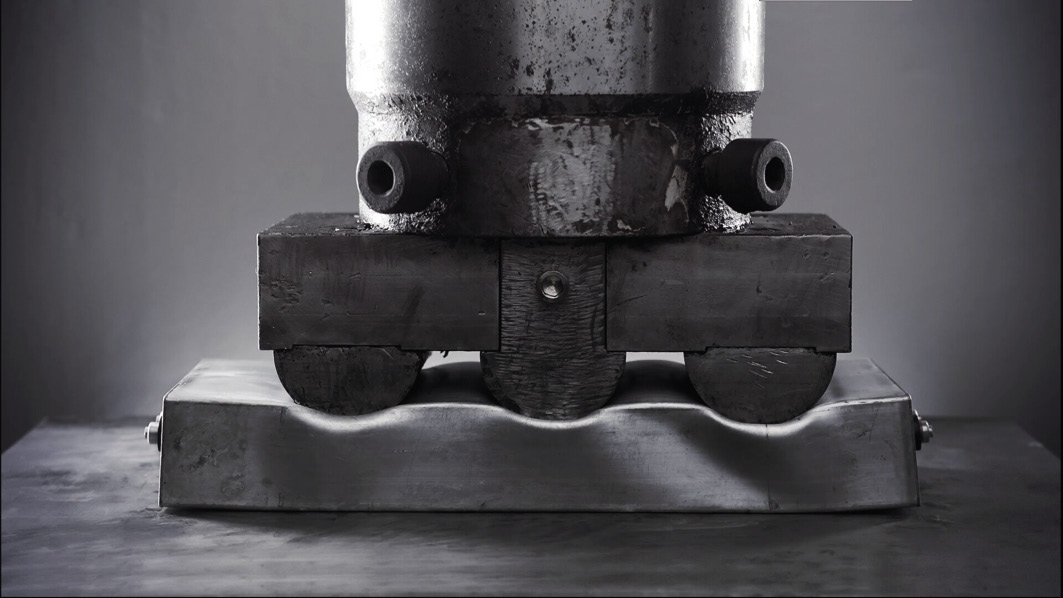Following investment in electric scooter maker Ampere Vehicles last year, engineering company Greaves Cotton is now mulling to set up Lithium-ion battery manufacturing plant for electric vehicles (EVs). For the proposed plant, the company is reportedly building a local network of suppliers.
Greaves Cotton MD and CEO, Nagesh Basavanhalli told daily newspaper Mint that the company was now working towards building a robust local infrastructure by partnership or standalone investment, possibly in lithium-ion batteries as well, in a systematic manner over next few fiscals.
Greaves Cotton had acquired a majority stake of 67% in Ampere Vehicles in August last year, setting aside Rs 150 crore for investment into Ampere over a period of three years.
Significantly, in a move to promote indigenous manufacturing, the Indian government has doubled the basic import duty on lithium ion cells—used in manufacturing of lithium ion accumulator for EVs—to 10 per cent from April 2021. Battery packs used in manufacturing electric vehicles face tripled import duty of 15 per cent as against the current 5 per cent.
Given the government’s thrust on building robust indigenous electric vehicles and related sub-assembly/components manufacturing base in India, a host of companies ranging from autocomponent manufacturers to energy storage solution providers have unveiled plans to make EV batteries in India.
Just recently, Tata AutoComp Systems—promoted by Tata Group, which, through Tata Motors, manufactures Tigor electric cars in India—formed a joint venture with China’s Guoxuan Hi-Tech to design, engineer, manufacture and supply battery packs for the Indian 4-wheeler electric vehicle (EV) market. The joint venture company has started a prototype manufacturing operation in Pune, India.
However, according to the latest annual forecast by BloombergNEF (BNEF), Electric Vehicle Outlook 2019, in markets like India and South East Asia, two- and three-wheeled vehicles are more attractive targets for electrification in the short term. EV adoption in India will only pick pace around year 2025, reaching close to 30% of passenger vehicles sales by 2040.
This content is protected by copyright and may not be reused. If you want to cooperate with us and would like to reuse some of our content, please contact: editors@pv-magazine.com.









By submitting this form you agree to pv magazine using your data for the purposes of publishing your comment.
Your personal data will only be disclosed or otherwise transmitted to third parties for the purposes of spam filtering or if this is necessary for technical maintenance of the website. Any other transfer to third parties will not take place unless this is justified on the basis of applicable data protection regulations or if pv magazine is legally obliged to do so.
You may revoke this consent at any time with effect for the future, in which case your personal data will be deleted immediately. Otherwise, your data will be deleted if pv magazine has processed your request or the purpose of data storage is fulfilled.
Further information on data privacy can be found in our Data Protection Policy.